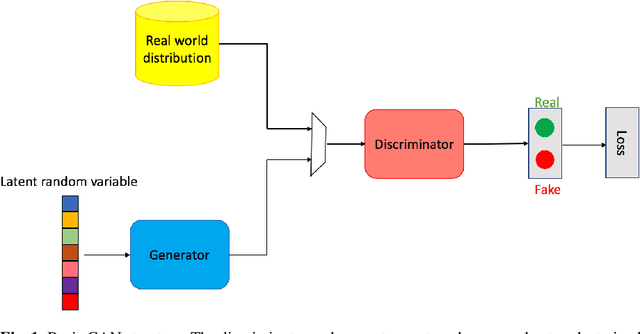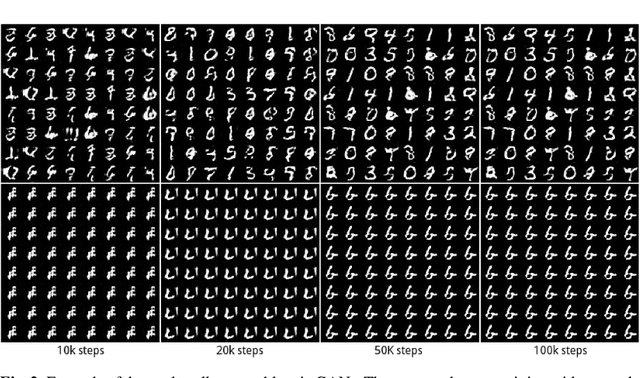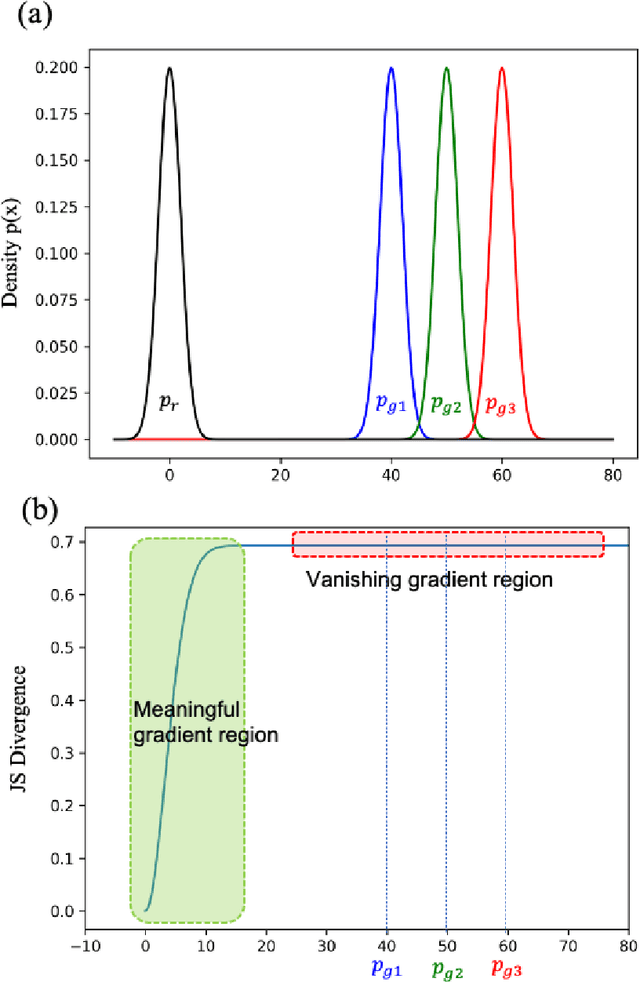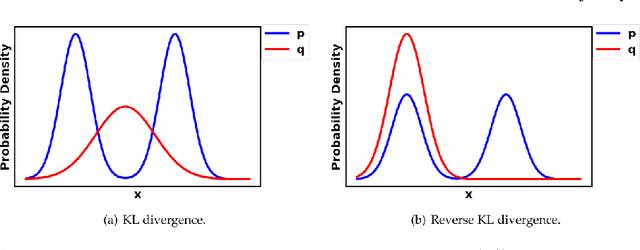Generative Adversarial Networks
Paper and Code
Mar 01, 2022



Generative Adversarial Networks (GANs) are very popular frameworks for generating high-quality data, and are immensely used in both the academia and industry in many domains. Arguably, their most substantial impact has been in the area of computer vision, where they achieve state-of-the-art image generation. This chapter gives an introduction to GANs, by discussing their principle mechanism and presenting some of their inherent problems during training and evaluation. We focus on these three issues: (1) mode collapse, (2) vanishing gradients, and (3) generation of low-quality images. We then list some architecture-variant and loss-variant GANs that remedy the above challenges. Lastly, we present two utilization examples of GANs for real-world applications: Data augmentation and face images generation.
 Add to Chrome
Add to Chrome Add to Firefox
Add to Firefox Add to Edge
Add to Edge